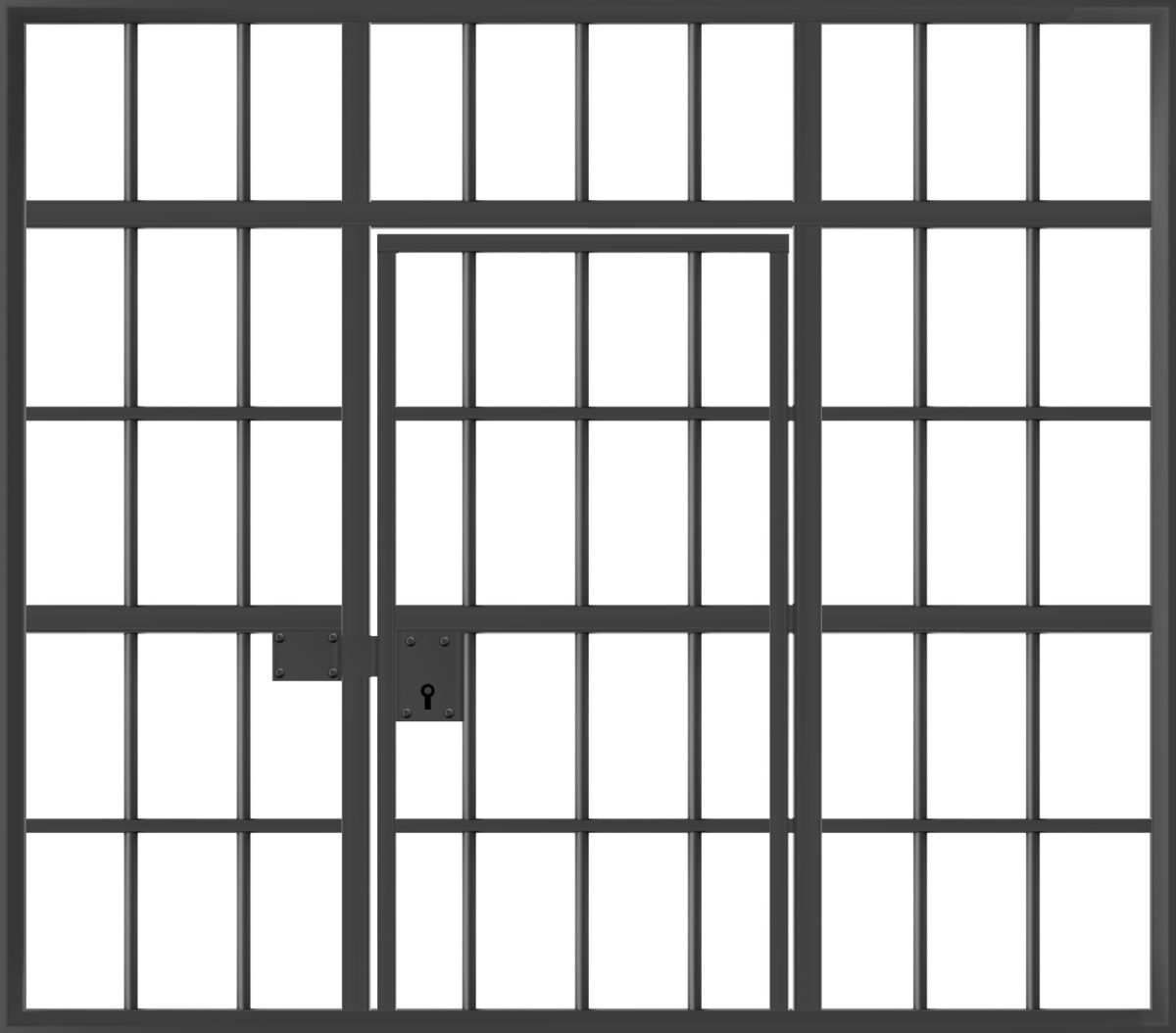Undoubtedly ours is a materialistic culture. The things we value are things, not ideals. Even the dominant ideas of our culture are oriented towards the material; such ideologies as scientific objectivity and economic materialism, the glorification of wealth, have grown in popularity while others, such as religion or nationalism have waned.
There have been benefits to this emphasis on the material. Science has added significantly to the quality and length of life, for people in developed countries anyway, and technological developments have dramatically changed the way we experience life. But for every car, cell phone, or microwave that’s invented there seem to be thousands of ‘as seen on TV’ faux luxury items that contribute nothing to the people who buy them.
As a result of globalization and industrial mass production, wealth, or rather, the appearance of wealth, has become widely accessible. Unfortunately, this greater affluence has only reinforced the trend of growing excess and the over valuation of material things. Of course, some degree of materialism is necessary – we are material ourselves – but it must be balanced with other values. Instead what has happened is that the natural check to materialism, romanticism, has been subverted to support further materialism.
To clarify, this is philosophical romanticism and not the Nicholas Sparks kind. As a philosophy, romanticism is non-materialist; it values experience and emotion over logic, fact, and so called “objective” reality. A romantic perspective celebrates the subjectivity of experience and finds meaning not in things but in how you feel about them. To be sure, an excess of either philosophy is undesirable, but both have their value when used appropriately.
Over valuation has created an environment in which objects are romanticized. They are imbued with abstract qualities, associations with happiness and fulfillment that no mere object can actually fulfill and worse, even experiences are being commodified — rendered into material terms.
The romantic impulse, by which we create meaning in our lives, is being subverted to the detriment of our culture and the environment. The mass production of needless luxury items fulfills no need, nor does the celebration of wealth, nor even the achievement of wealth, which is by definition the possession of resources well beyond one’s needs. Being aware of the impulse and using it intentionally, rather than passively as it is currently being used, is key to living a meaningful life.












